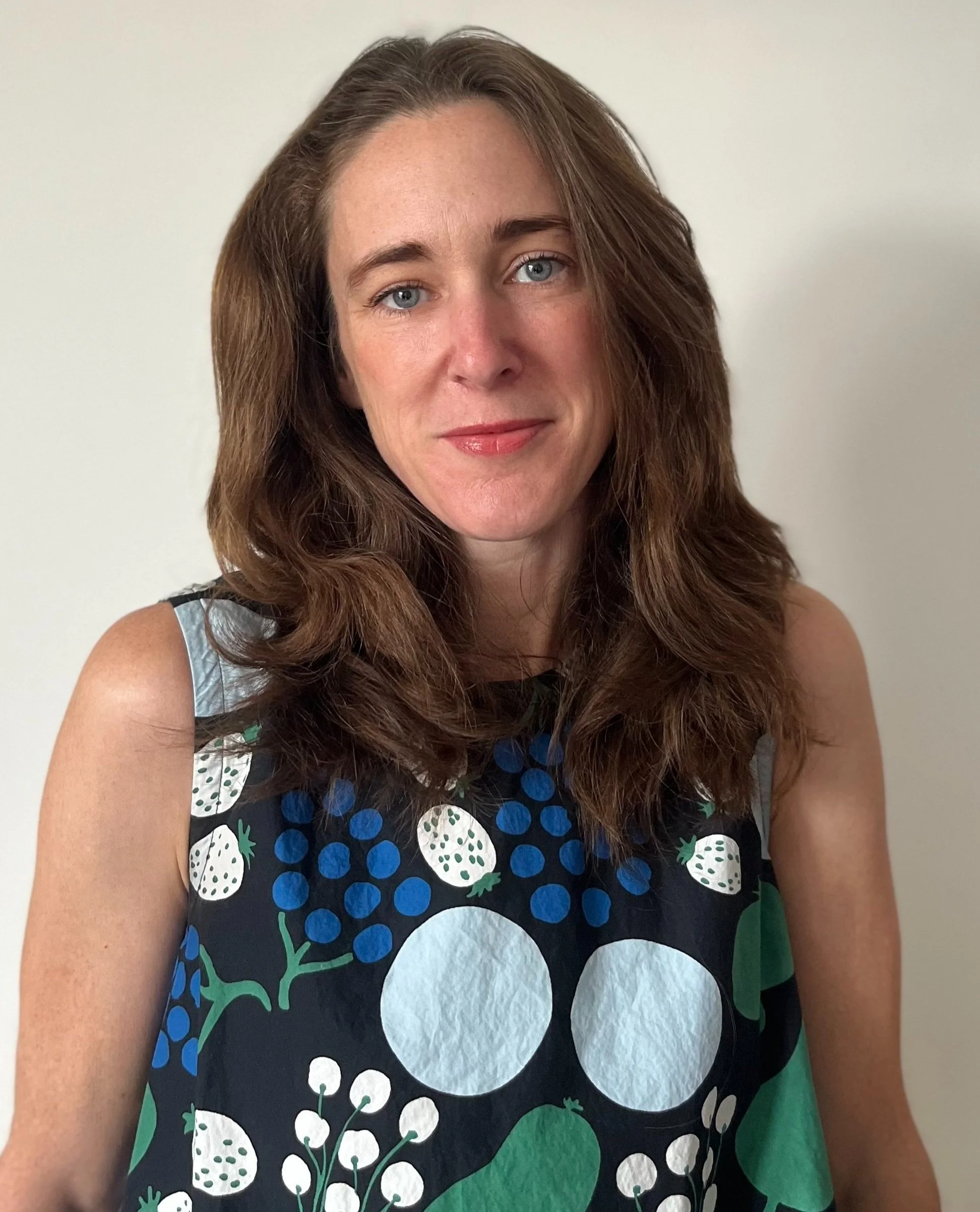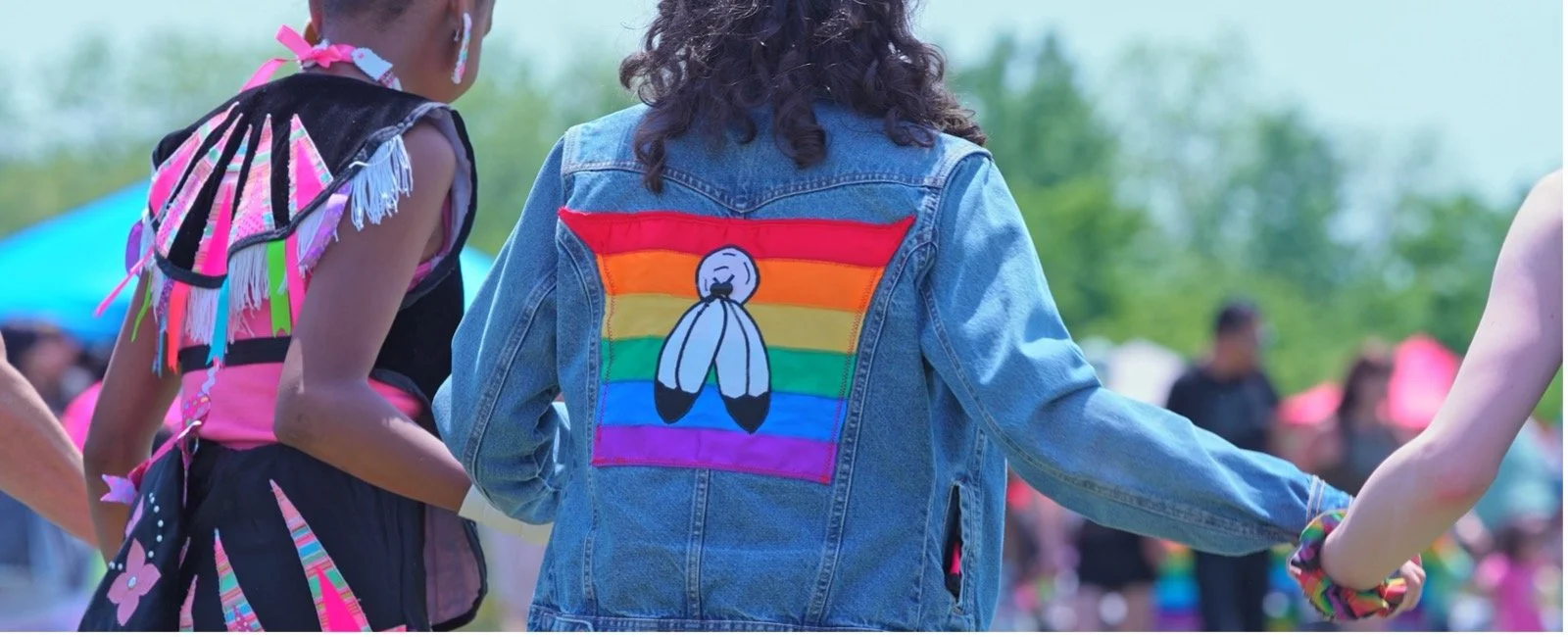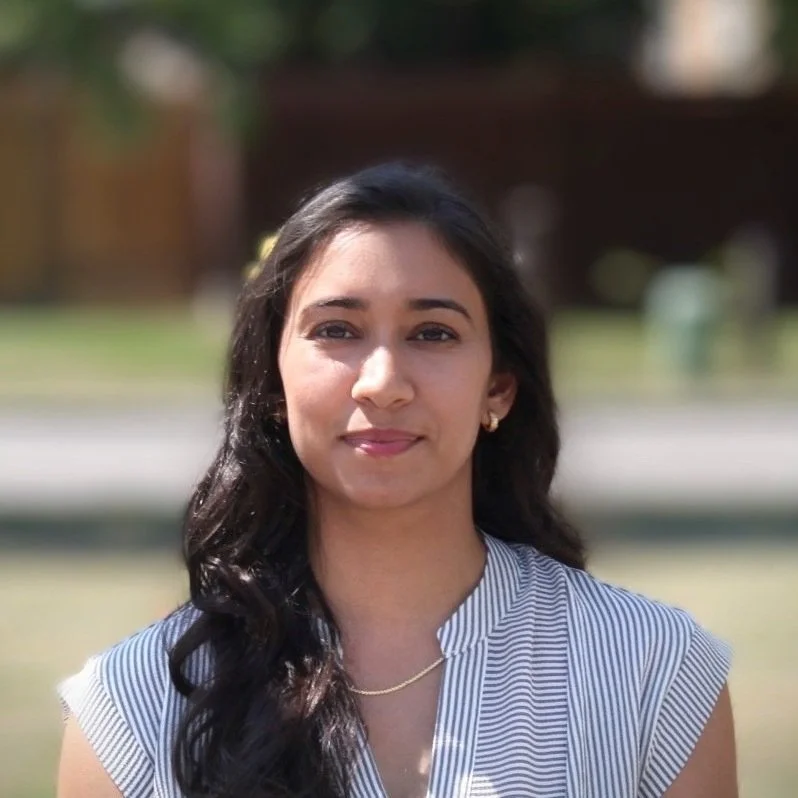The CHILD-BRIGHT Network is thrilled to introduce our new Director of Engagement, Jenny Gilbert!
Our Engagement Program focuses on authentic involvement of research partners with lived and living experience (PWLEs) in all facets of CHILD-BRIGHT's work. As Director of Engagement, Jenny will lead the program, working closely with the Engagement Program and Projects Manager and the Youth and Engagement Initiative Coordinator to strengthen engagement across the entire portfolio of network activities (implementation science research; training and capacity building; knowledge mobilization; equity, diversity, inclusion, decolonization and Indigenization; and communications).
Jenny brings two decades of experience working in engagement, research, and knowledge mobilization in the public and nonprofit sectors to the role, including for the Ontario Midwives Association, Ontario Health/Health Quality Ontario, and the Ontario College of Family Physicians. She has also collaborated extensively with pan-Canadian networks in engagement. As such, a strong focus of Jenny’s career has been elevating the voices of people with lived experience to address inequities. In her early career, Jenny worked with children and families experiencing the impacts of colonialism, racism, and poverty in a Head Start Program on a reserve on the West Coast, and later, in Toronto with teen moms experiencing homelessness. For the past eight years, she has been a member of the Toronto Birth Centre's Quality Advisory Committee, representing lived experience and community perspectives.
“Illustrating the story—the lived experiences—behind data is a strong passion of mine,” Jenny shares. “Listening, empathy, and curiosity—these are at the core of who I am and what I do. I approach my work from a place of humility, trust, and respect using a reflexive, intersectional lens—to get to the heart of insights and achieve outcomes that are aligned with individual, community, or organizational goals, needs, and values. I’m enthusiastic about joining CHILD-BRIGHT in this work to integrate diverse perspectives, experiences, and evidence into meaningful, action-oriented solutions for improved health outcomes for kids with brain-based disabilities.”
“Listening, empathy, and curiosity—these are at the core of who I am and what I do.”
Jenny is a parent of kids with brain-based developmental disabilities and is also the oldest of 16 kids: 12 of her siblings were adopted through the foster care system, have disabilities such as autism, fetal alcohol spectrum disorder, and learning disabilities, and experienced significant early childhood trauma. The varied experiences of her children and her siblings illustrate to her the importance of integrating perspectives of people with lived experience into research to support our understanding of the broader forces and systems that represent barriers or enablers to health, well-being, and full participation in our communities. They also illustrate how advocacy and policy change can lead to more relevant, impactful health policy, program, and service design and improve outcomes for kids and families.
Working in the engagement sector, as well as parenting a child with autism and a rare autoimmune disease and two with attention-deficit/hyperactivity disorder, has afforded her a deep understanding of how asking parents, caregivers, and people with lived experience of brain-based developmental disabilities to contribute to research and volunteer their time can sometimes be more than they are willing or able to take on. In her view, it is essential to create engagement opportunities that consider the needs of the community and offer multiple entry–points and variable time commitments, and feel meaningful, reciprocal, and impactful to all involved.
“So often in our work we are asked to separate our personal lives from our professional ones, so what excites me most about joining CHILD-BRIGHT is being able to bring together my experience as a parent of children with brain-based developmental disabilities with my decade-plus career in the health system facilitating engagement with people with lived experiences and building organizational capacity for inclusive engagement,” says Jenny.
Welcome, Jenny!
***
CHILD-BRIGHT wishes to thank outgoing Director of Engagement Sharon McCarry, who led the Engagement Program from 2021 to 2024. A passionate advocate for children and families with lived and living experience of autism spectrum disorder, Sharon championed our PWLEs throughout her tenure and increased the diversity of PWLEs who are involved in our network’s activities.
We are also grateful for the support of CHILD-BRIGHT’s Parent Liaison and interim Director of Engagement Carrie Costello. Carrie offered essential guidance at a critical time for the Engagement Program, leading the Engagement Council with compassion and creating space for our members to authentically participate.












